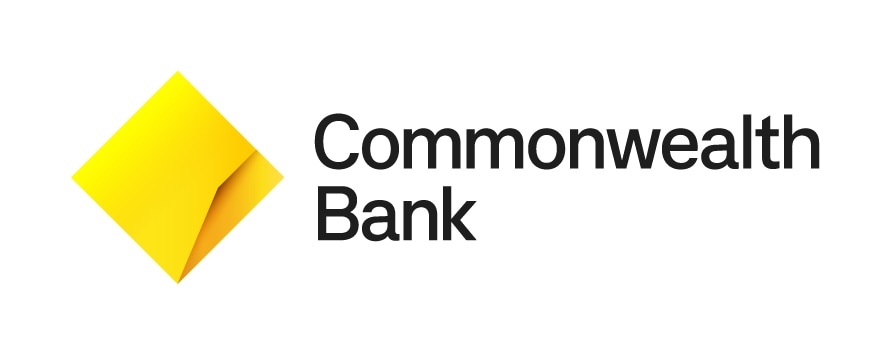
The Commonwealth Bank of Australia is Australia’s largest lender but has the smallest proportion of new broker flows of the major banks. But what is the bank’s broker strategy? We catch up with the general manager of third-party banking, Baber Zaka, to find out.
Q. You started as CBA’s general manager, third-party banking in March. What have been your priorities since stepping into the role?
When I stepped in, one of my key reflections at the time had been we need to build trust and we also need to really lose some of the arrogance that I think we had… It’s a really difficult thing to change perceptions…
What I’ve been focusing on is building relationships, whether that’s with our aggregator partners or with brokers. When I first took over this role it was really important for me to get out and speak to brokers and their teams. I really wanted to make a conscious effort to actually connect across our whole portfolio of brokers; both those who use us [already] and those that don’t. I want to get that feedback bottom-up, because that’s going to really shape how we actually grow going forward.
Q. CBA’s flow of new business coming from brokers has recently declined, despite brokers writing three-quarters of all mortgages in Australia. Why do you think this is?
If you look at individual broker market share - how much we’ve had of the broker market business (not how much we’re doing versus proprietary) - that’s actually stayed quite constant over the last two years. But is it where I want to be? No.
There are a couple of structural reasons why [broker flow] has actually reduced over time versus some of our competitors. Primarily, there’s been a huge growth in the refinance part of the mortgage business, which is an area we are continuing to want to grow and be better in. Where we really do well in is that more complex lending, a lot of the investor lending.
As mentioned, we are looking to grow in the refinance space, so one of my big strategies is looking at how we market our advancements and all of the benefits we can bring to a really smooth process to brokers because that’s also an area we want to grow in.
Q. Do you plan on growing broker flows?
It’s definitely our strategy to grow… and, frankly, I’m being metricated on that.
In my specific role, I’ve been tasked with growing our market share in this space.
But it’s not an either-or strategy. We’re not saying that we only want to grow in the proprietary channel and we don’t want to grow in broker.
We want to grow in both of our channels, but we also want to grow in Bankwest and in our digital channel.
Q. How does CBA manage potential channel conflict between its broker channel, branch network, and online offerings?
We have a series of policies and processes internally to minimise it. You can’t stamp it out completely but what we can do is try to minimise that impact.
I’m really passionate about and advocate for making sure our processes are built in such a way that, should there be channel conflict, we can investigate it and we can consequence manage, as appropriate. I think this is fundamental to gaining that trust with the broker channel.
But, more importantly, what I’m really trying to do is actually minimise those touch points and the processes to actually to stop any chance of the conflict occurring in the first place. It’s going to be a better outcome for everyone if there’s less opportunity.
Q. How does CBA support brokers?
We have three different tiers of support: Essential brokers, Elite brokers and Platinum brokers. Brokers who are using us a lot and have larger businesses have a requirement for us to train admin staff and do in-depth work with them on building efficiencies. Whereas on the other side, if you are potentially only using us once in a while, what we’re really focusing on is building up process and product knowledge so that you can understand our offering a bit better.
We also support new brokers and have created a bespoke onboarding program. All of our newly accredited brokers go straight to our Elite tier and get the support that they need to be successful in the beginning of their career.
Q. How has broker feedback influenced CBA’s policy and process changes?
A lot of the feedback that we’ve had from brokers has led us to look at how do we broaden our policy set… We’ve done some really great policy enhancements over the last couple of months, whether that’s our HECS debt policy or our construction policy updates; these have come from feedback from the broker channel. We’ve worked really closely with the brokers who support us to actually understand what is it that we could be doing more.
And the last piece is looking at what happens beyond day one, after you’ve settled the loan. That’s not when the customer journey ends. So, how do we support the broker in supporting customers throughout the journey in life?
Q. What is your message to brokers about using CBA?
Speak to other brokers who use CBA already, because there is a reason why they do. Whether that’s our breadth of policy, or the processes that we have in place, or the consistency that you know that your deal will get done, or that you’ll get really great credit support along the way.
Take out all of the perceptions you may have and look at what we’re actually delivering. Look at the relationship managers and the amount of effort and the skill that they’re bringing. Look at the service we’re actually giving the customers and judge on that. Don’t judge on a perception. Because on a day-to-day basis, when you actually look at what we’re doing in this channel, it’s phenomenal.
Tune in to find out:
- How CBA is working to strengthen relationships with brokers.
- How the bank is changing its broker offering.
- CBA’s investment in technology and support for brokers.
And much more!
Click here to listen on your device
Articles of interest:
